 |
| As part of the government 's efforts to encourage childbirth, public kindergartens across China will be tuition-free starting next school year. (Source: The Sixth Tone) |
According to guidelines released by the government on August 5, public kindergartens nationwide will provide free care and education in stages, focusing on children in their final year of kindergarten. Meanwhile, private kindergartens will have their tuition fees reduced to the same level as exempted tuition fees for public kindergartens in the same residential area.
The initiative can "effectively reduce education costs, improve the quality of basic public education services and provide education that meets people's expectations," the authority said.
Tuition fees at public kindergartens will be determined by local governments and relevant agencies. The exemption will not include the cost of accommodation, meals or other additional fees.
Preschool care and education fees in China vary significantly depending on the region and type of school. In Shanghai, for example, monthly tuition fees at public kindergartens range from 125 yuan ($17) for children in their final year of kindergarten (ages 5 to 6) to 700 yuan at key kindergartens, depending on the region.
The government's per-pupil subsidy ceiling for each region will be set based on the average cost of public kindergartens in each locality. This ceiling will be reviewed and may be adjusted in the next three years.
The budget will be divided equally between the Central Government and localities, of which the State budget will account for 50% to 80%, depending on the economic development level of each region.
Government subsidies are expected to help make up for financial shortfalls in many kindergartens, which are struggling with a demographic crisis in the world's second-largest economy.
Data from China's Ministry of Education shows that more than 20,000 kindergartens nationwide were forced to close in 2024 due to a lack of students.
The policy is also part of a broader package of child-support measures aimed at reversing the rapidly falling birth rate in the Northeast Asian country.
Last week, Beijing announced a nationwide childcare subsidy, providing an annual cash subsidy of 3,600 yuan ($503) for each child under the age of 3. Similar initiatives have been actively implemented in many localities across the country in recent times, such as the northern Inner Mongolia Autonomous Region and the eastern city of Hangzhou.
The proposal to gradually implement free preschool education was made in the Chinese government's work report in March, which highlighted people's expectations for a specific implementation roadmap of the policy in 2025. In addition to preschool education, many have called for extending free education to high school level.
Ms. Han Fengqin, Director of the Center for Education, Science, Culture and Health Research of the Chinese Academy of Financial Sciences, said that investment in preschool education will bring the highest economic benefits, help strengthen human resources and support a skilled workforce in the future.
The expert also emphasized the significance of the tuition-free policy for preschool education, especially in narrowing social inequality, helping to reduce the gap between urban and rural areas, as well as between different social groups.
“This policy ensures that disadvantaged groups – such as migrant and disabled children – can access early childhood education, helping to fill systemic gaps and supporting the flow of quality education resources to underdeveloped areas,” she said.
Source: https://baoquocte.vn/no-luc-ung-pho-voi-khung-hoang-nhan-khau-hoc-trung-quoc-mien-giam-hoc-phi-cho-tre-mam-non-323958.html



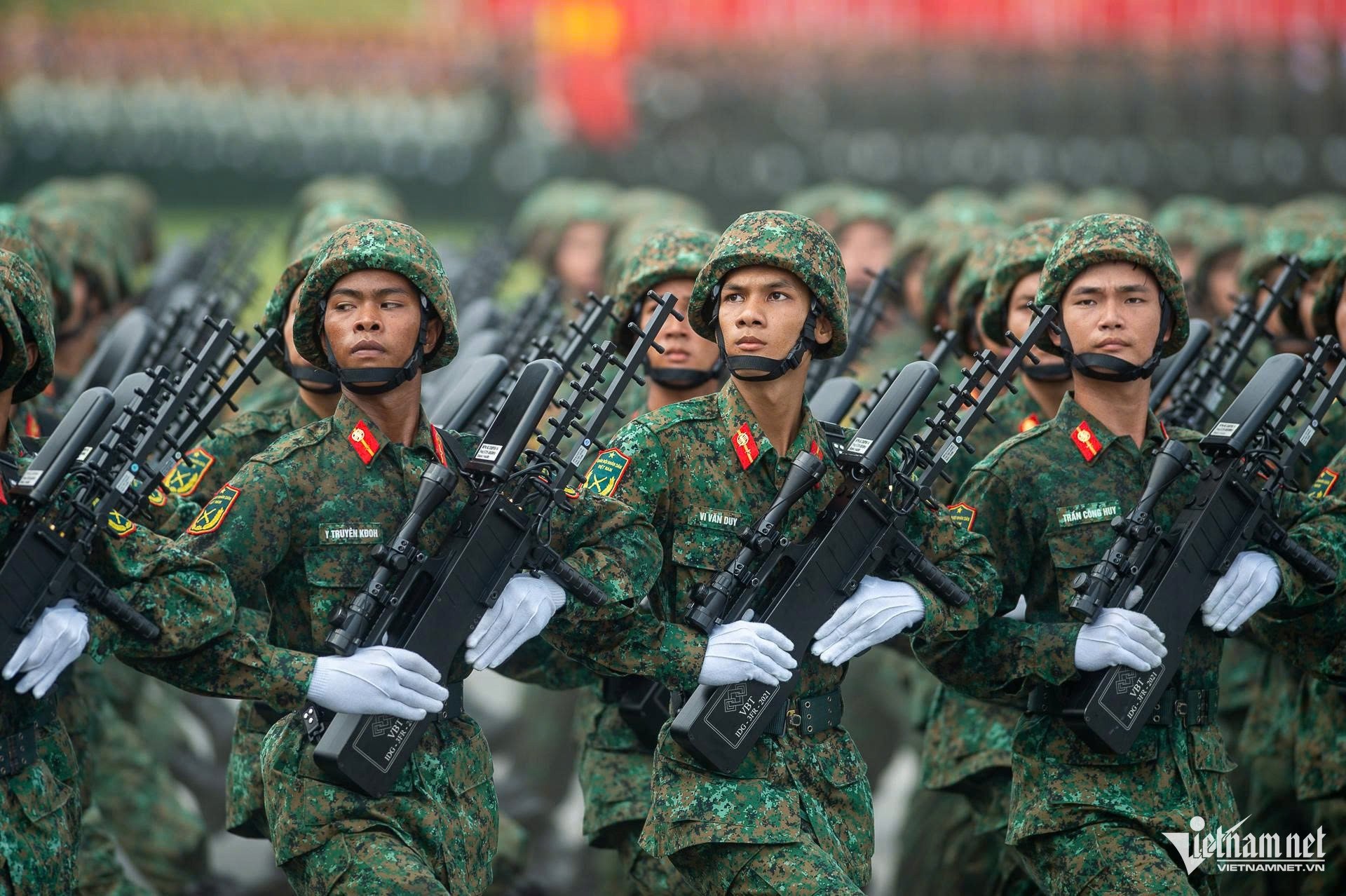

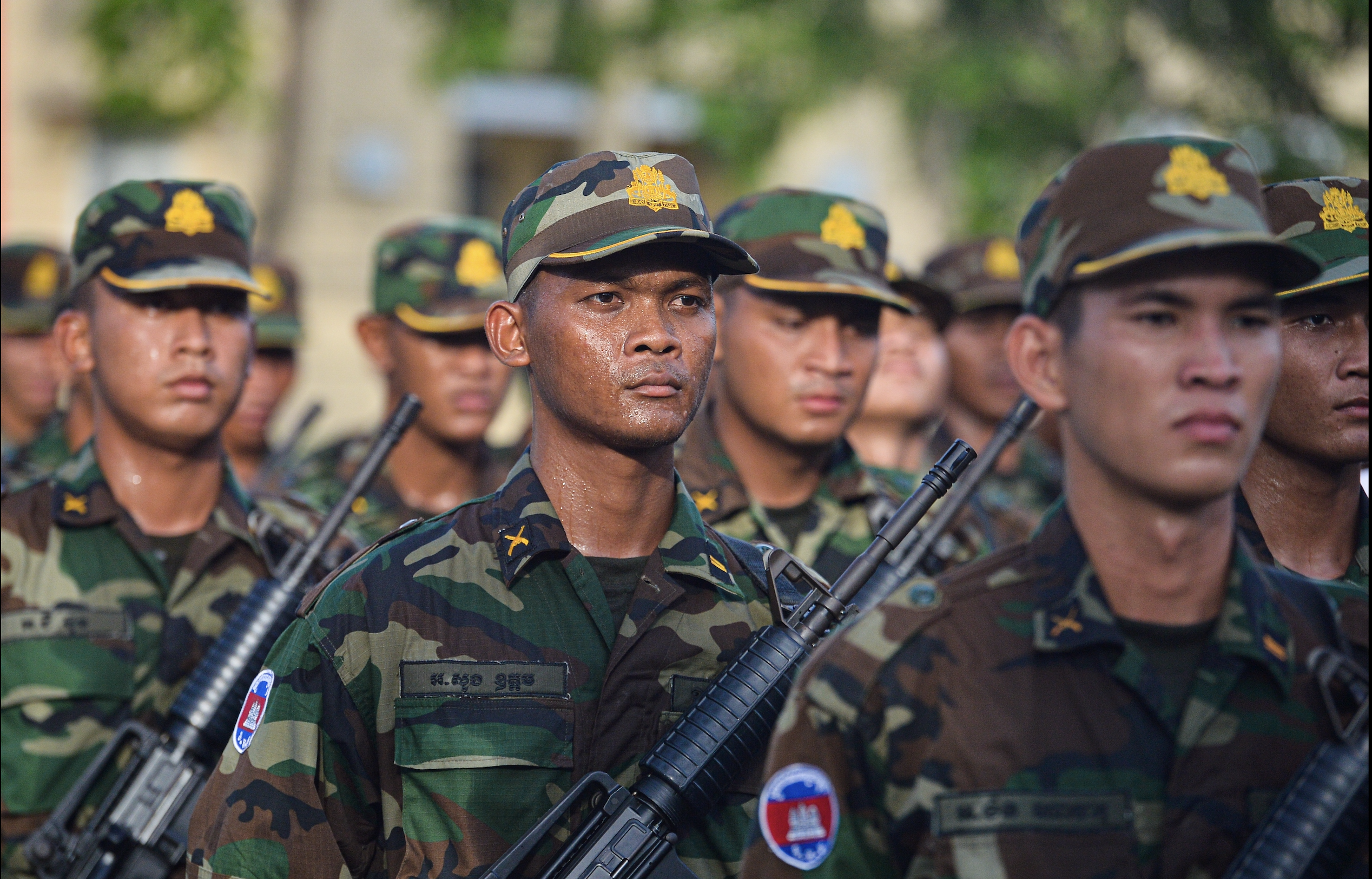


![[Photo] President Luong Cuong attends special political-artistic television show "Golden Opportunity"](https://vstatic.vietnam.vn/vietnam/resource/IMAGE/2025/8/22/44ca13c28fa7476796f9aa3618ff74c4)
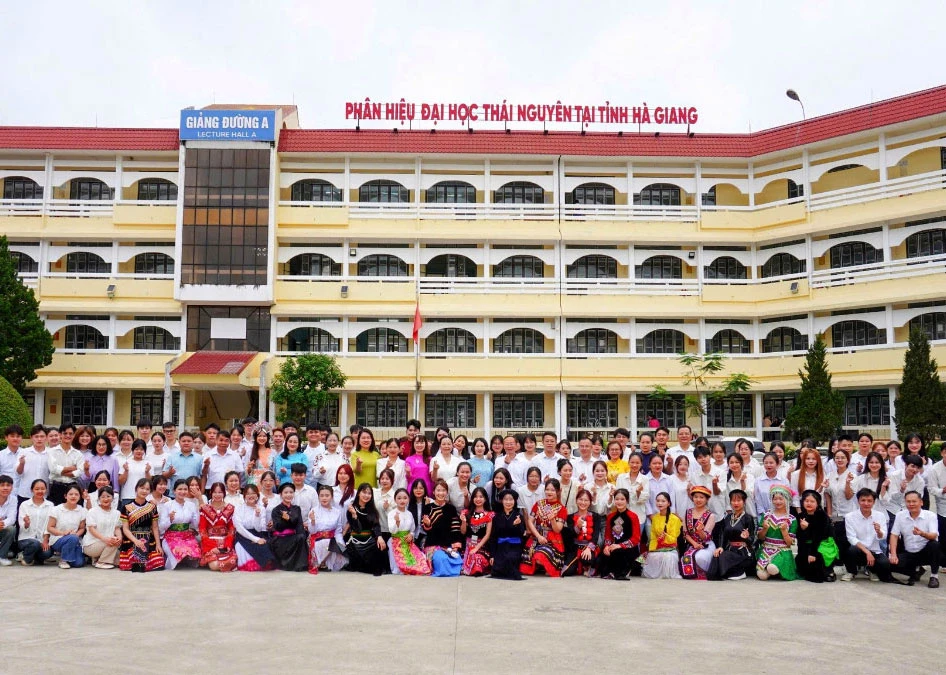

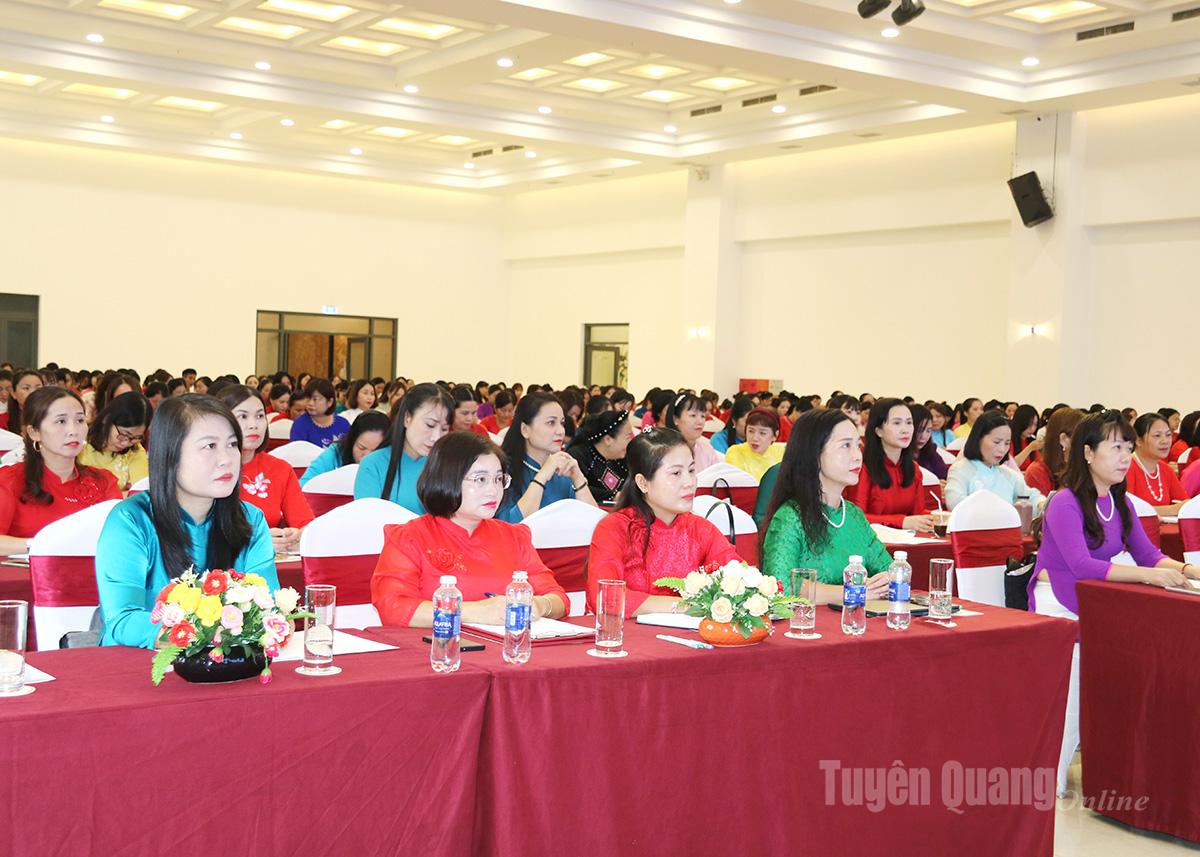
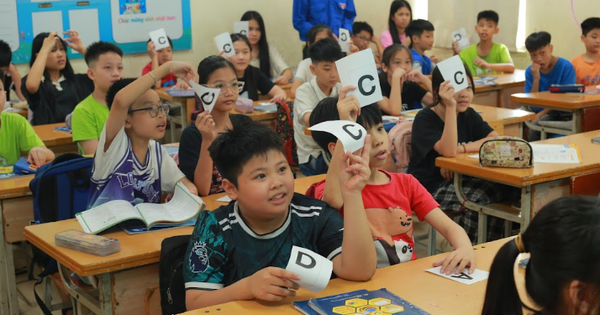

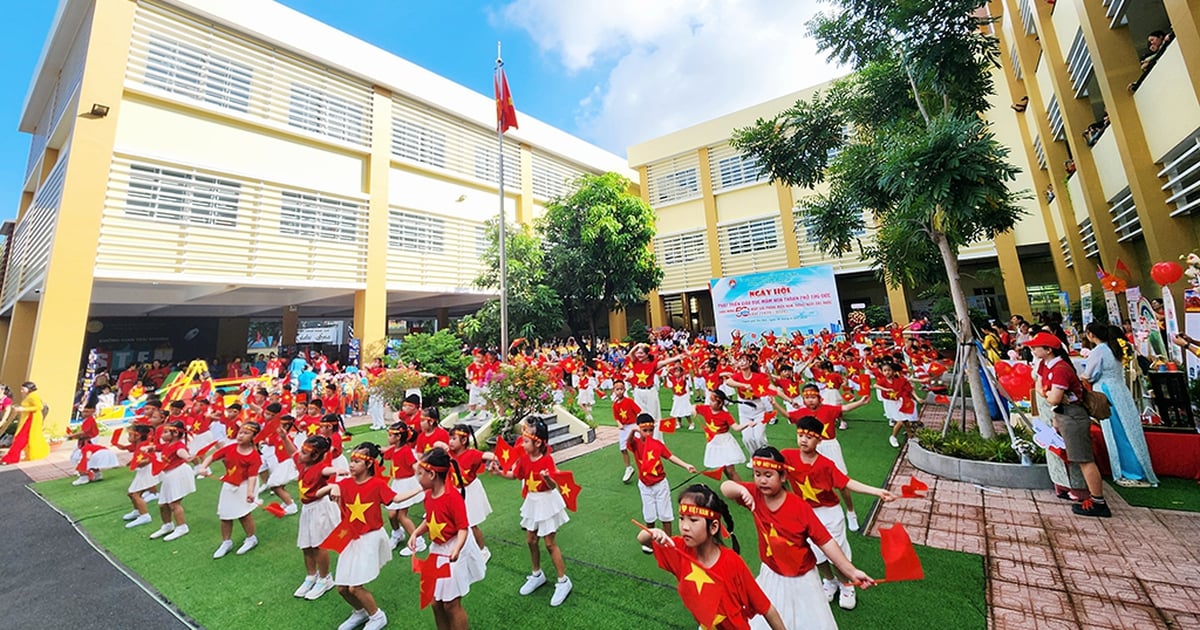

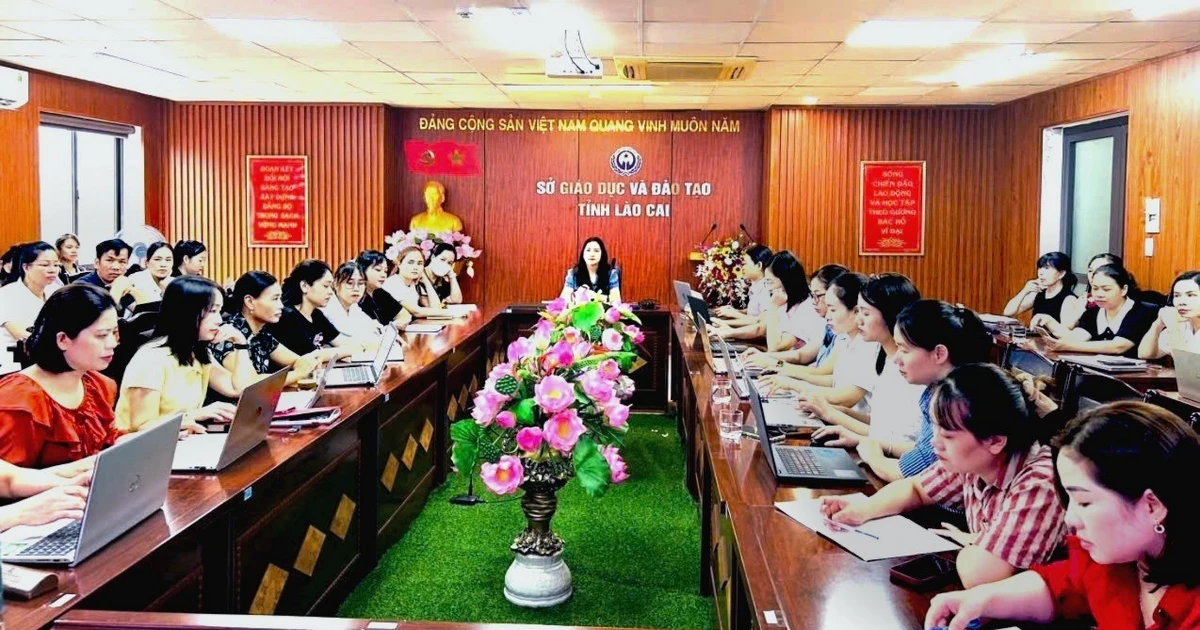

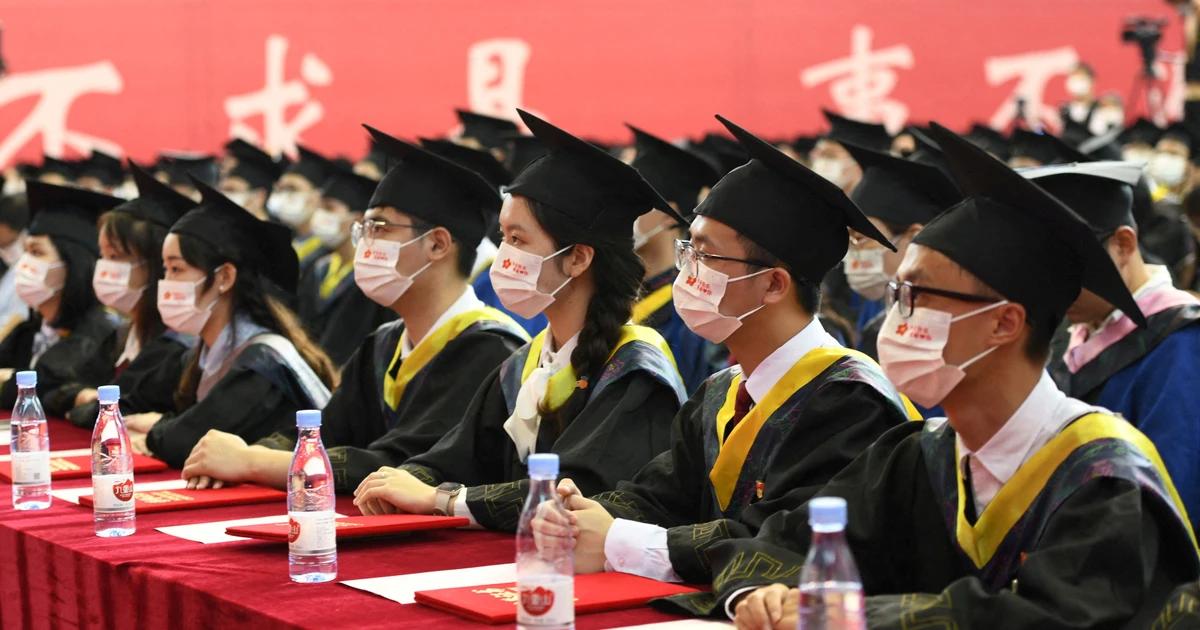




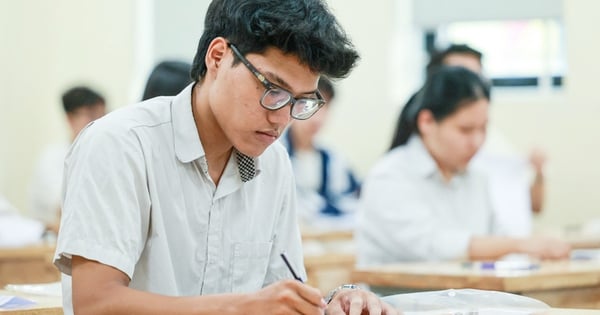


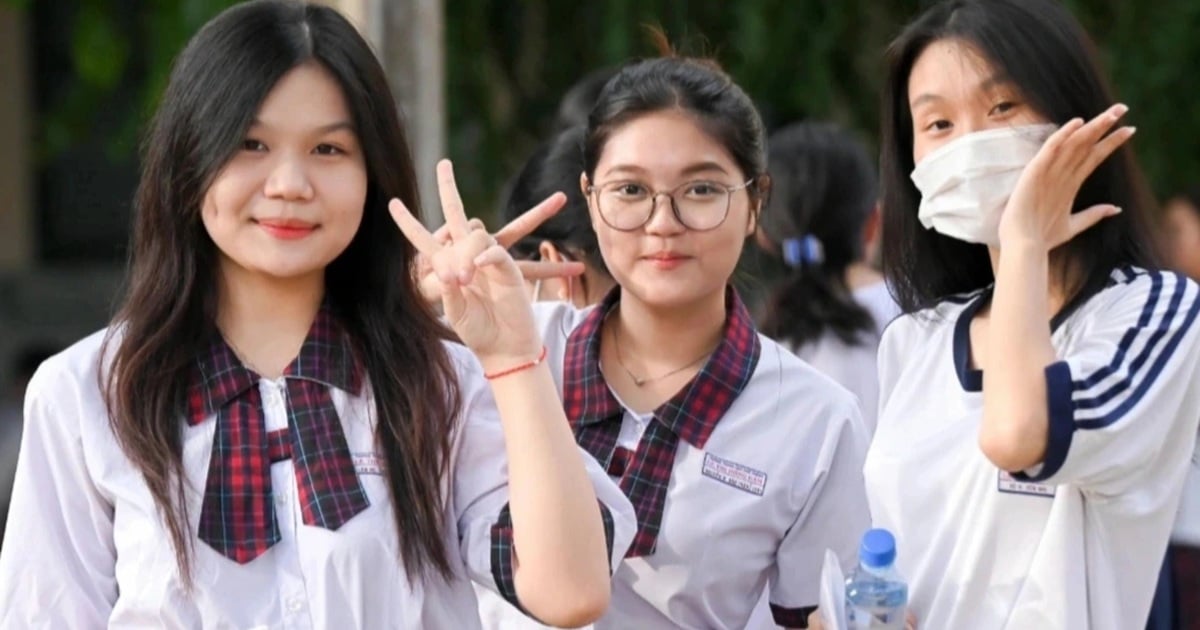
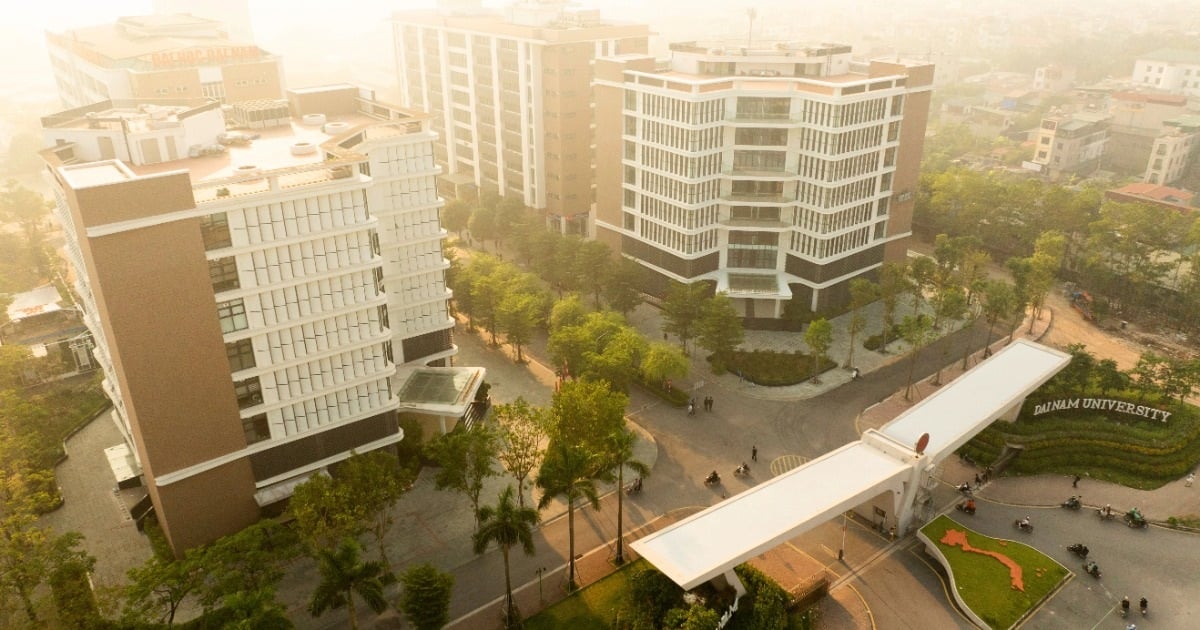




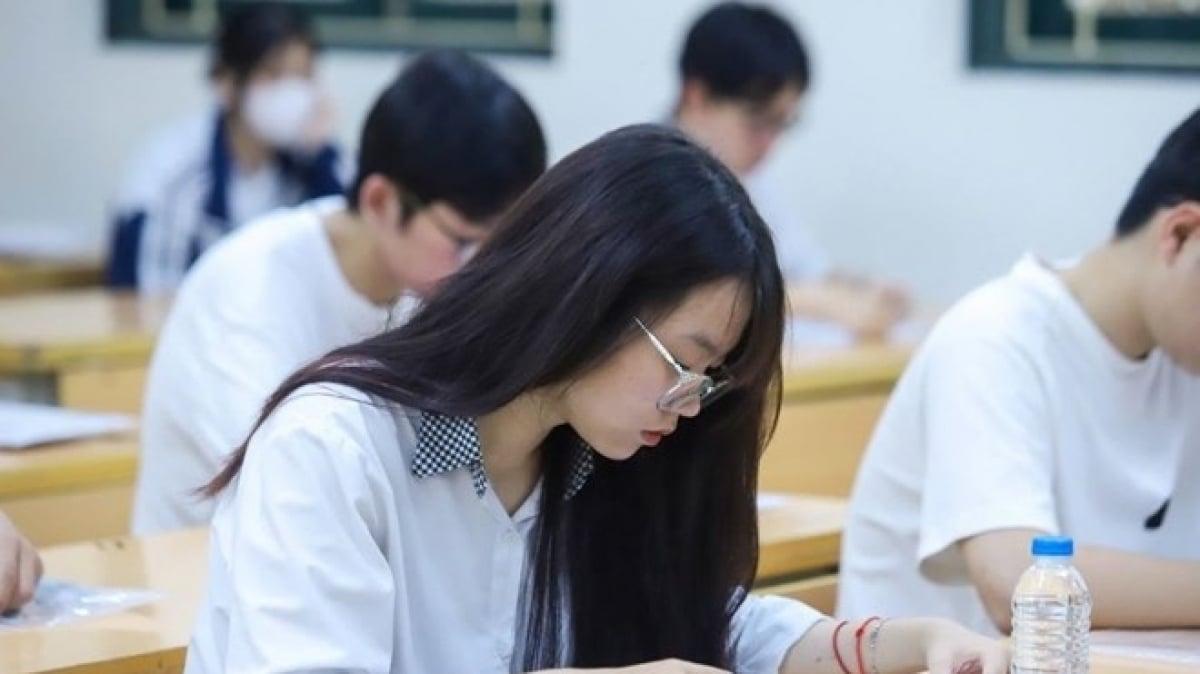
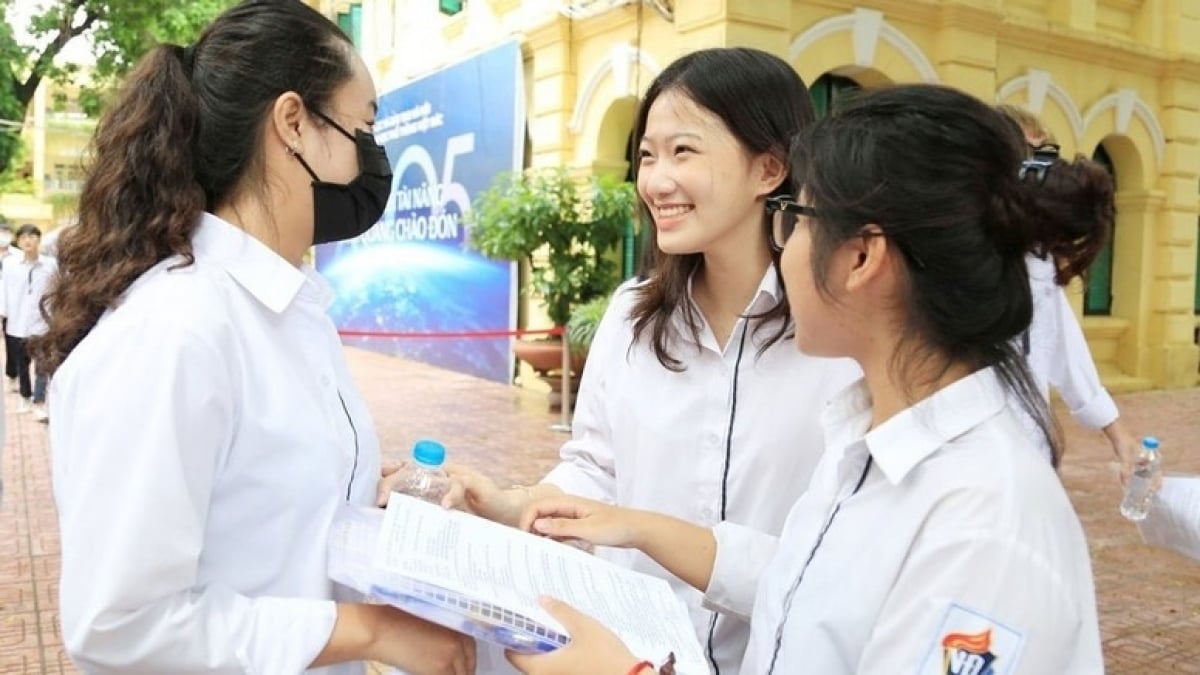

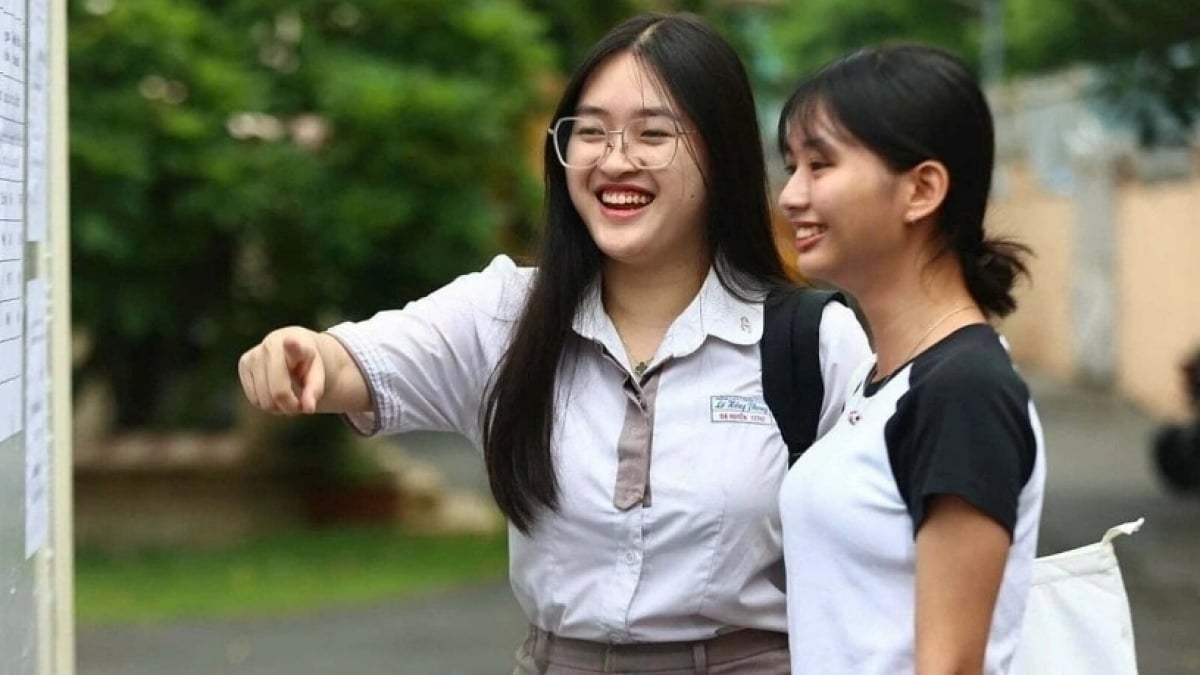
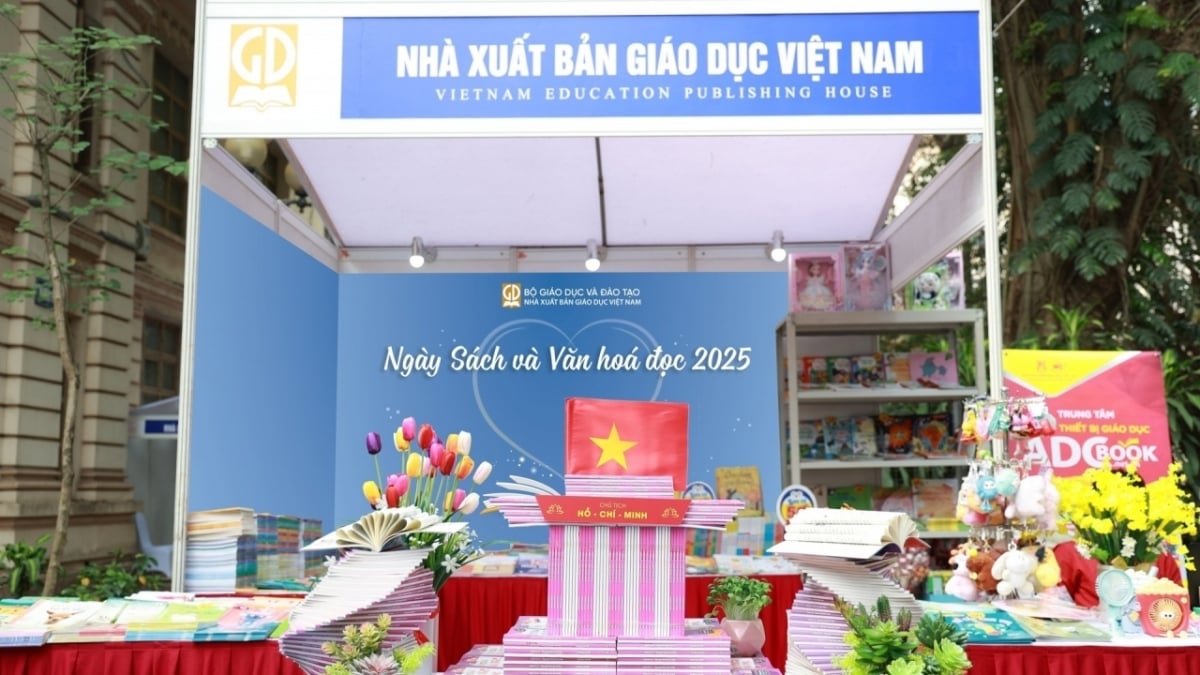
































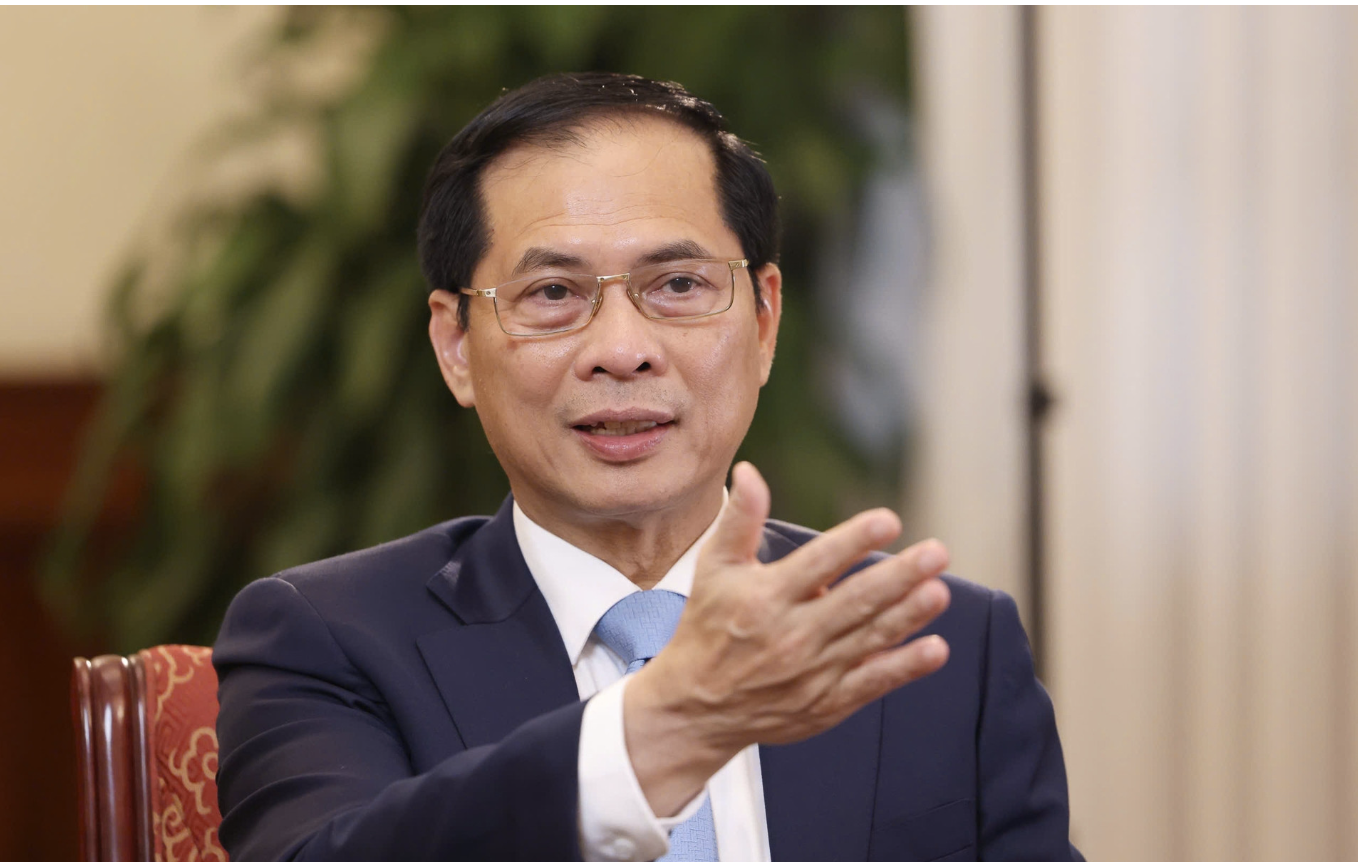

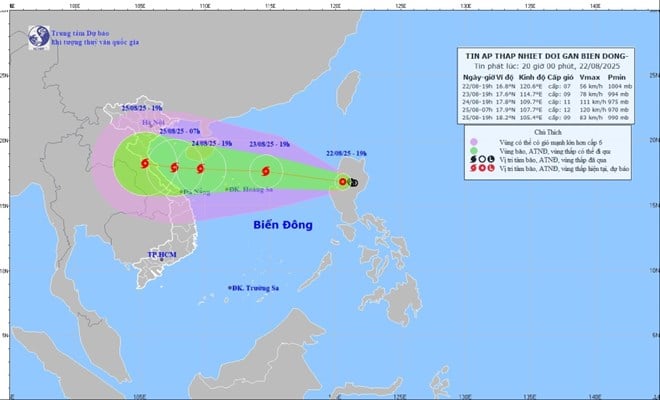

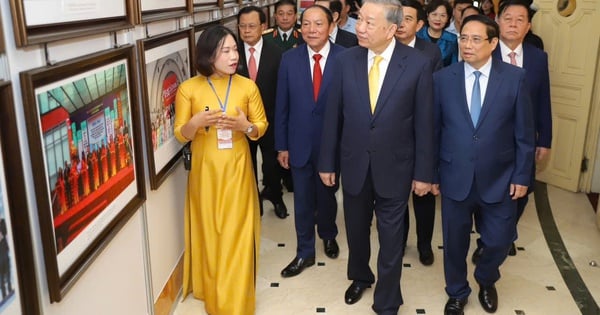

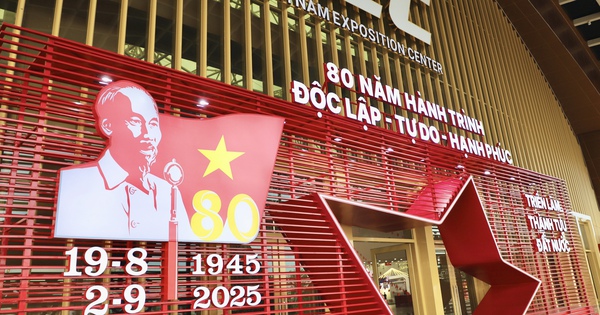
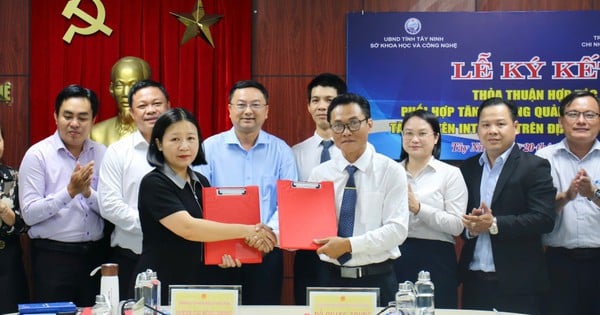

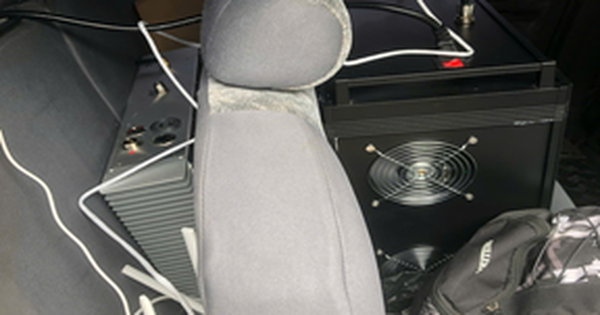
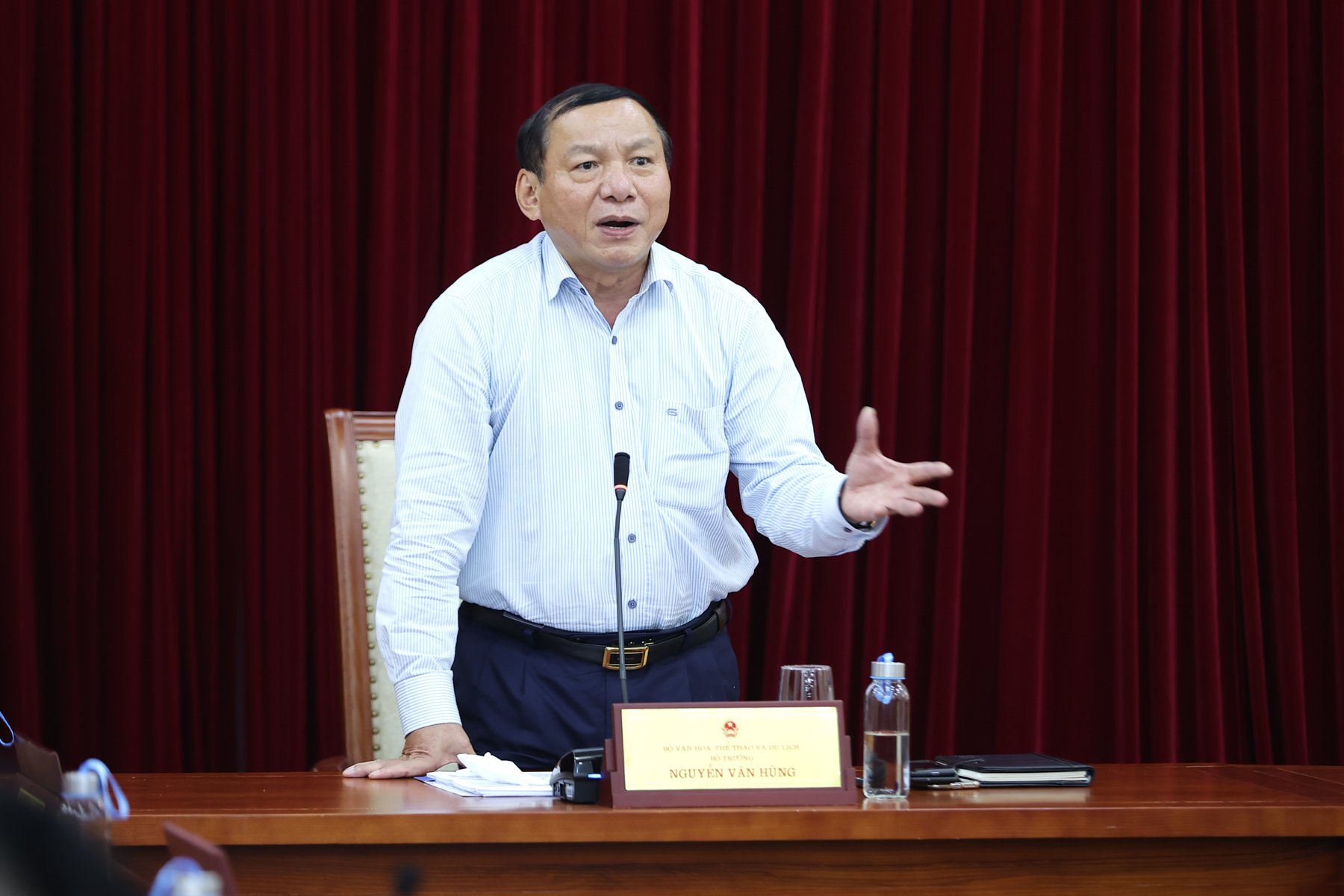
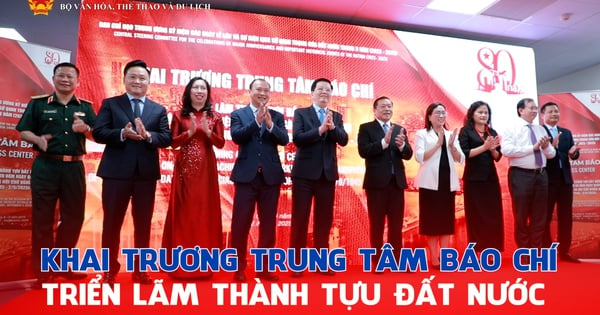
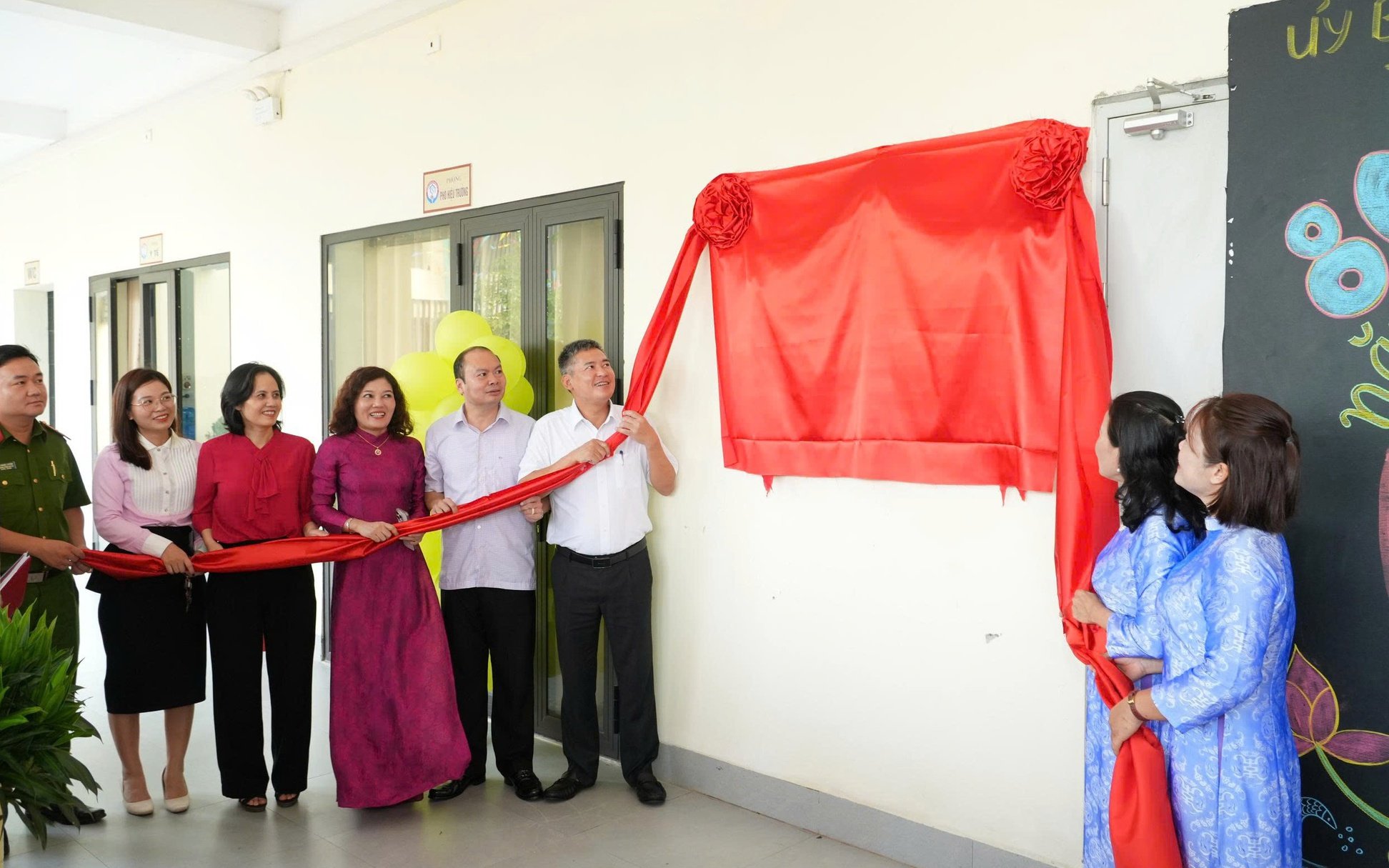
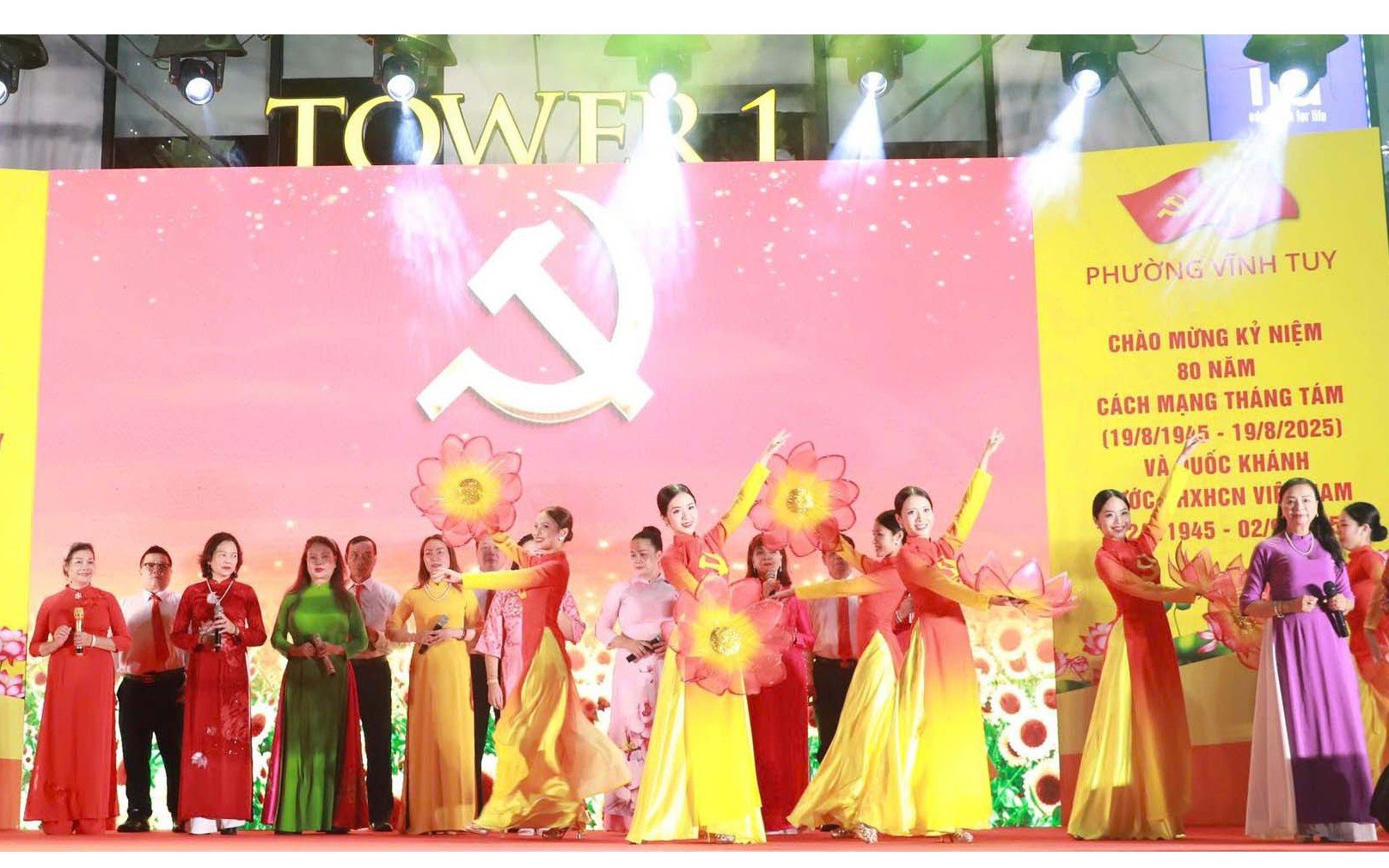
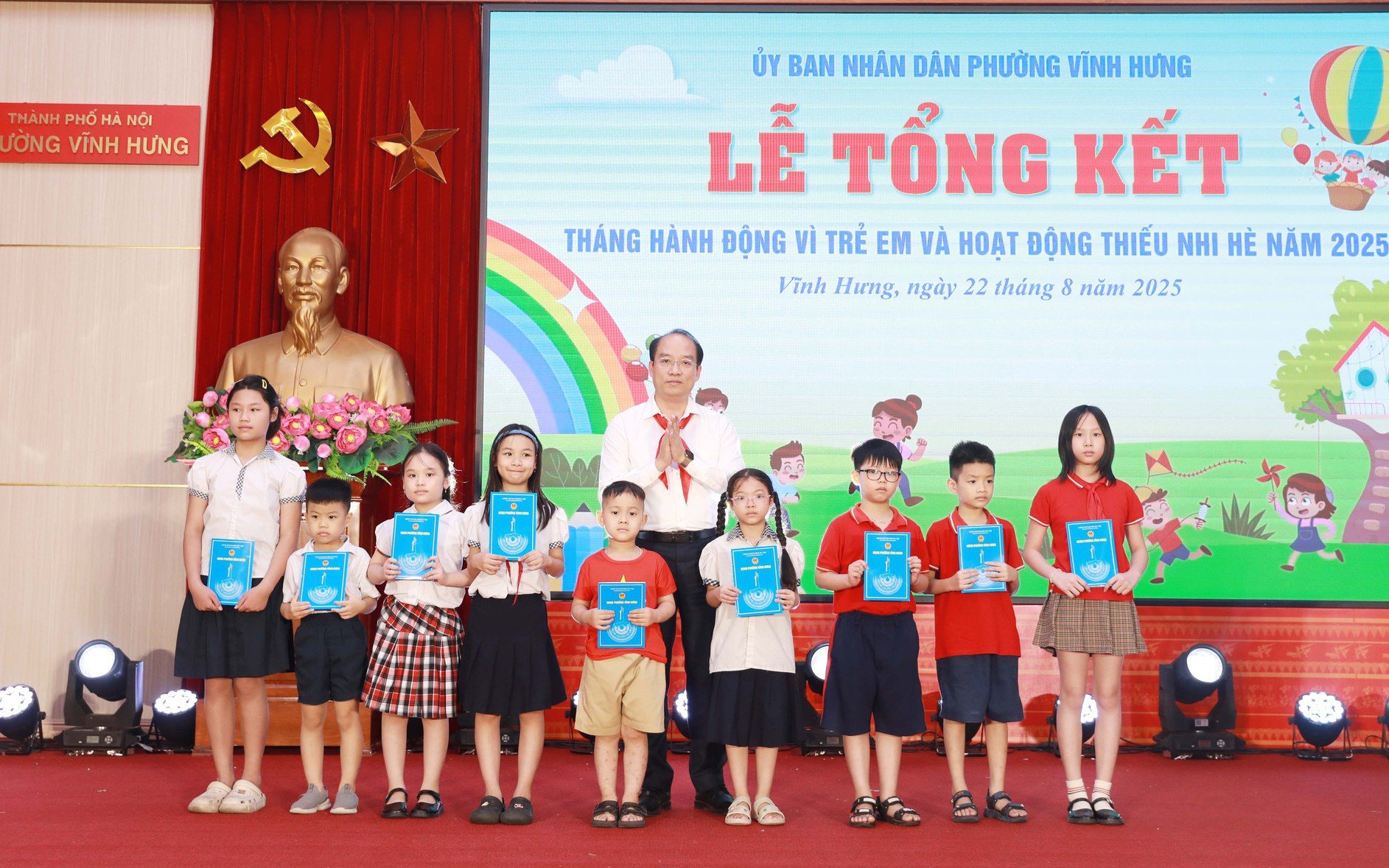
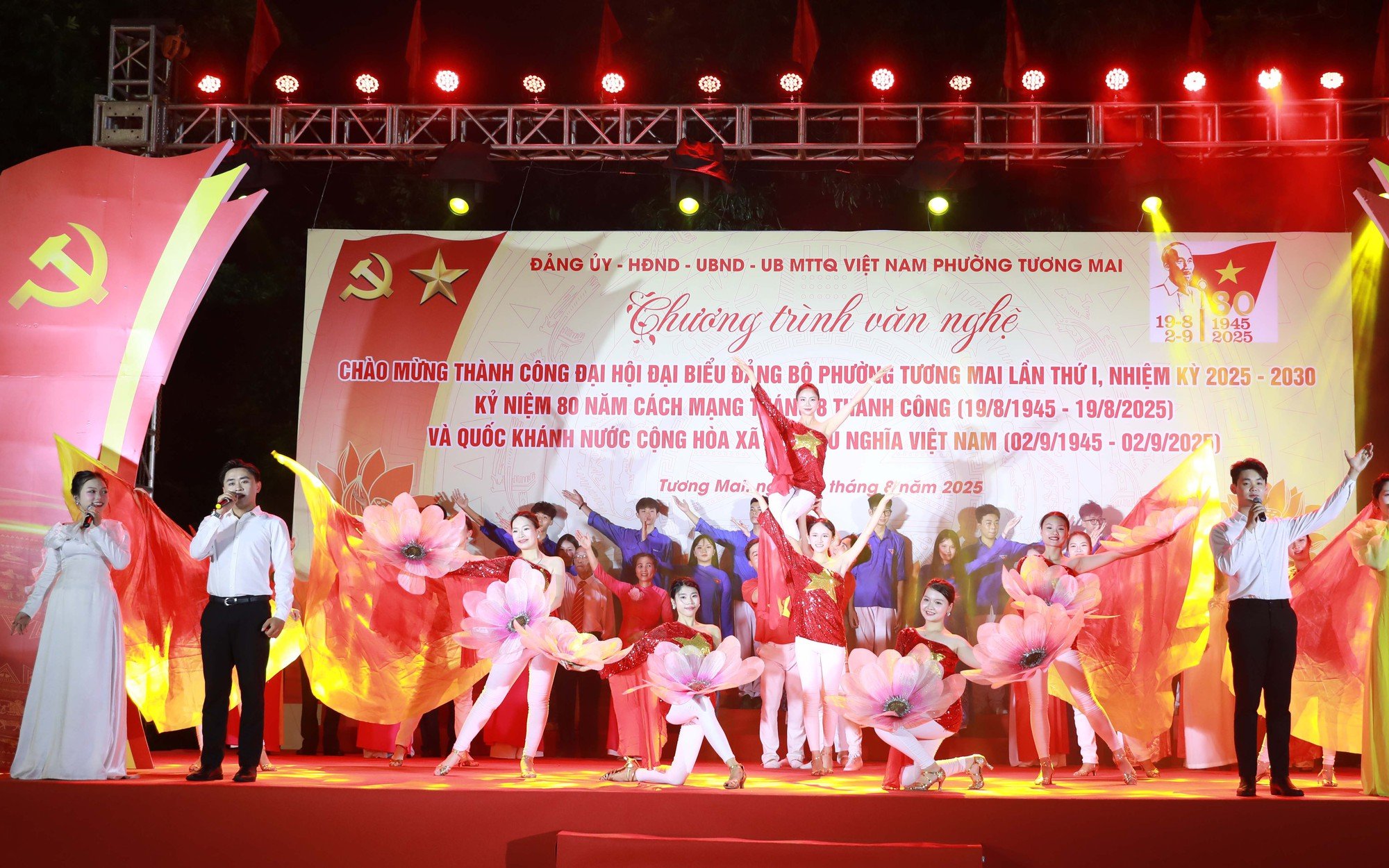
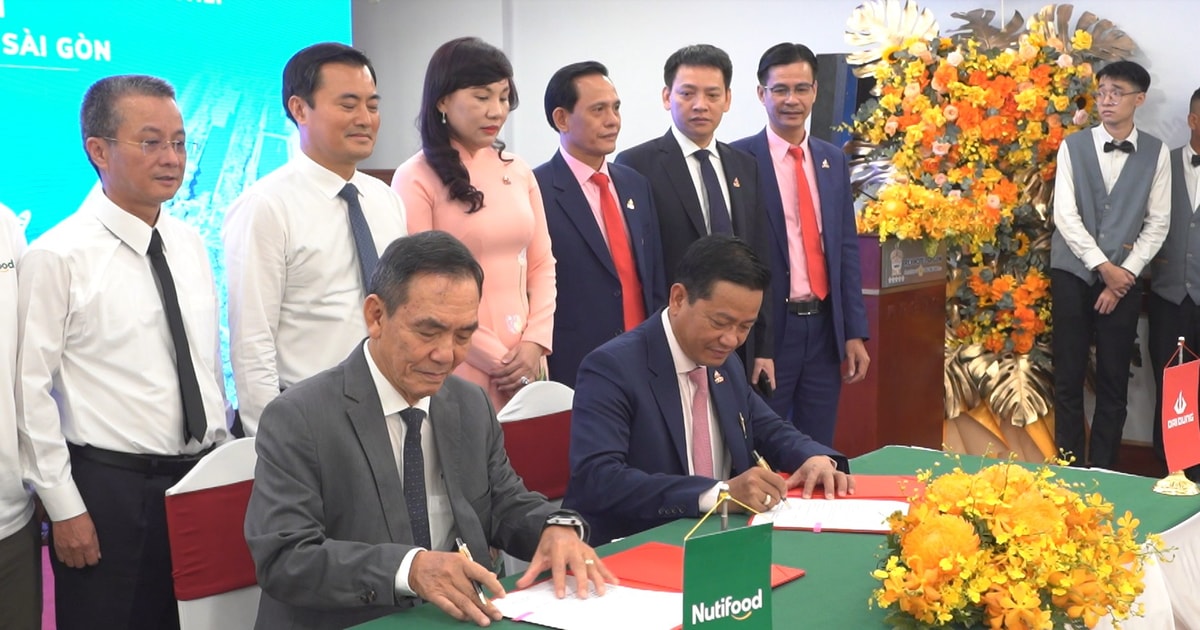


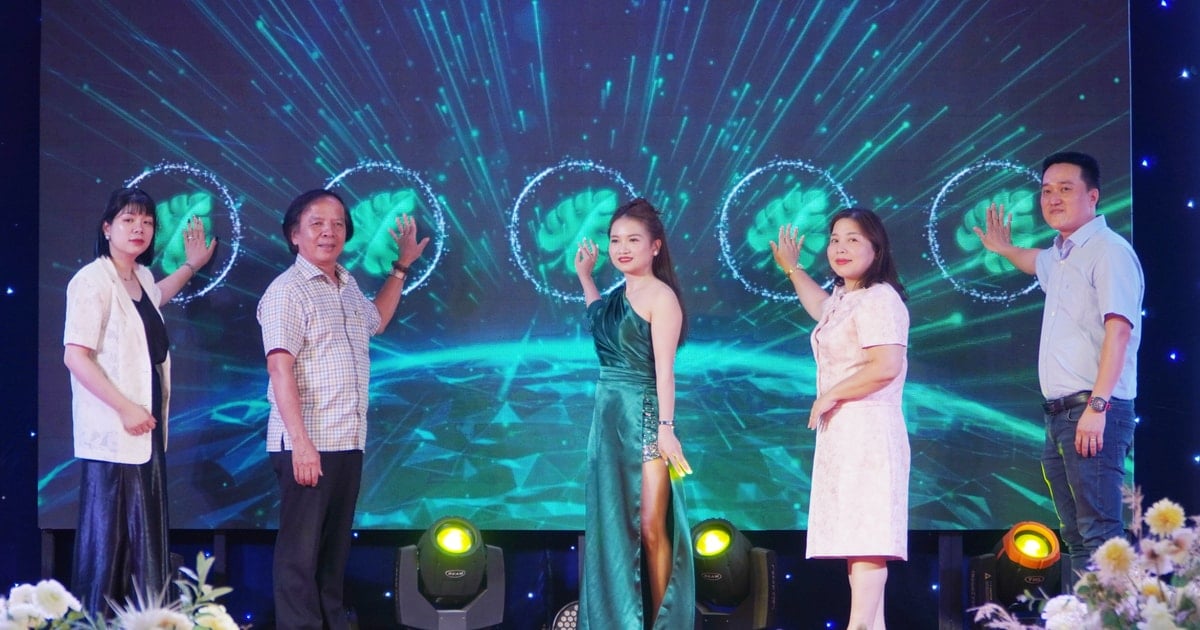













Comment (0)